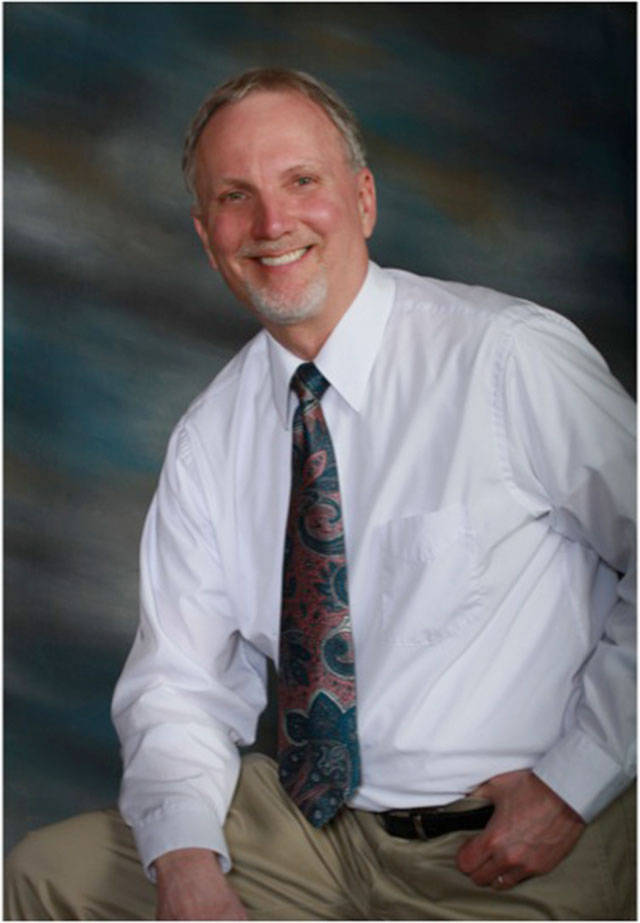“In relationships where manipulation plays a primary role, people tend to occupy one of three roles: victim, persecutor, or savior. These three roles are masks that people put on to conceal their insecurities and frustrations.” (“The Drama Triangle: Victim, Persecutor, Rescuer,” exploringyourmind.com)
If you spend even a little time observing the behaviors of people, you will see these three dysfunctional roles being played out all around you. Understanding these three roles will open your eyes to what’s happening and give you an opportunity to stop these control games.
Victim: People who take this role see themselves as helpless. They come across as needy, desiring that other people help and support them, but instead of gratitude, victims continually complain about how badly they are treated. Nothing is their fault; they cast blame upon others.
Persecutor: What defines a persecutor is that he/she judges others with extreme severity. They point out everyone else’s mistakes and seem to enjoy the emotional distress they cause other people. Persecutors learn to “stand out through their cruelty and intimidation”. Rather than facing their fears, they blame others. Nothing is ever their own fault. In actuality, they are cowards. (“The Drama Triangle”)
Savior: These people take the problems and responsibilities and put them on their own shoulders. The problem is, instead of helping the needy, they enable them and keep them from growing, making them ever more dependent.
Take the example of the 21-year-old man who killed eight people recently in Georgia-area spas. He has what he described as a “sex addiction.” Instead of finding ways to gain self-control, he went into spas killing people. The man saw himself as a victim and “solved” his problem by killing others—an instantaneous switch from victim to persecutor. (His parents, however, contacted the police—an act of ending the drama triangle—and saving others from death.)
President Trump took on the “victim role” before the Capitol riot. He claimed the election had been stolen from him and from his followers. By encouraging his base to storm the Capitol and to “fight like Hell,” Trump switched from portraying himself as a victim of the Democrats to becoming a persecutor. Trump used his power and position to urge his followers to “stop the steal” by attacking Congress.
The mob Trump had lied to and encouraged to come to D.C. on January 6 switched their role in an instant from feeling victimized to becoming saviors to the President and to the nation. In the process those “saviors” became the persecutors and people died.
Trump urged his supporters on, promising that he would be there with them, but instead he retreated back to the safety of the White House, refusing to end the bloodshed and destruction that was in his power to stop. His actions fit the definitions of both the persecutor and savior—saving the nation from corruption and fraud.
Conservatives often see this “savior” mentality among progressives who encourage people to take government welfare rather than act responsibly and stop gaming the system. Instead of paying their rent or finding a job for example, these progressive saviors make excuses for the “victims” who shirk their financial responsibilities. They come to their rescue, even when there are alternative solutions that don’t put a burden on the taxpayers and the government. Sometimes the conservatives are right, and sometimes they just claim they are protecting taxpayers when their heartless actions and words transform them into persecutors.
Each of these roles is manipulative in its own way. All are examples of a lack of self-awareness and insecurity.
How does one end these endless “drama triangles”?
Saviors need to try to be empathetic, but they must at the same time realize that sometimes the most caring thing to do is to let people figure out how to solve their own problems.
Persecutors need to understand their own boundaries and to respect other’s, too. That requires self-awareness, self-control, and especially, a deep sense of humility.
Victims may be actual victims, due to the color of their skin, their religion, or their poverty. They must be willing to stand up for their rights as Black Lives Matter has done and at the same time avoid becoming persecutors if the power dynamic shifts into their favor.
If even one of the three roles stops the endless cycling, the drama triangle can be avoided as in the case of the slayer’s parents who called the police. Often, if even one person can recognize what’s taking place, change and growth can occur. Someone has to act maturely. You have the facts now. Will you be that one mature person?


